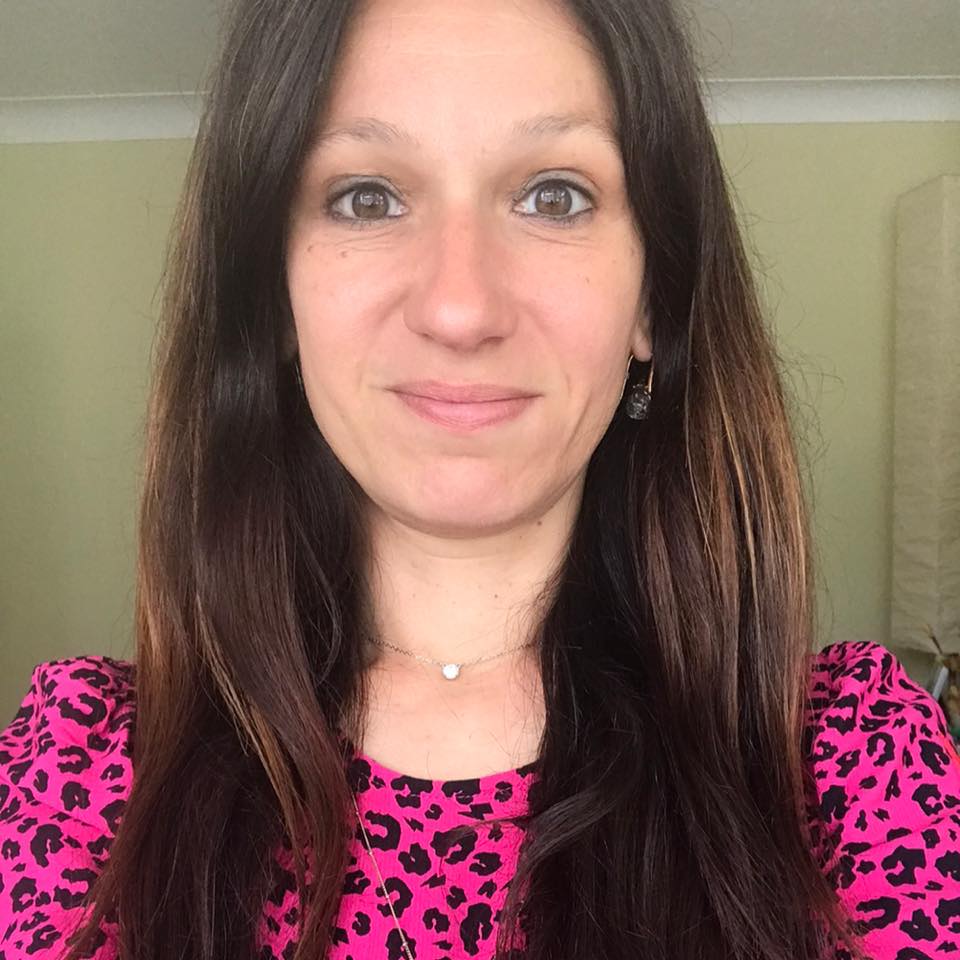Born in Asti, Italy • Studies Mathematics at Torino University, Italy • Highest Degree PhD in Mathematics • Lives in London, UK • Occupation Reader in Mathematics at Queen Mary University of London
My love for Mathematics started at an early age. I remember one day in scuola media (middle school in Italy) when my maths teacher sketched the graph of a function on the blackboard. She was explaining linear motion and I was blown away. I saw how maths relates to real life and how beautiful it is to explain maths, which is often considered a difficult topic, to others. I just wanted to be like her: a mathematician solving equations and sketching graphs on a blackboard, and this is exactly what I do now. It has been extremely important for me to see women do the job I am doing now. In Italy it is quite common for girls to study mathematics at university and to have women maths teachers in school: growing up I never thought that maths was a “boy” subject. Later, when I moved to Austria for my PhD studies and then to the UK for my first permanent academic position, I realised how lucky I had been.
Equality, Diversity and Inclusion (EDI) activities are becoming more and more important (I am the EDI lead in my school), so I hope the gender gap will become smaller and smaller in the future but there is still a long way to go…
In both of these countries, women are a minority in STEM and it is unfortunately still common to have almost no women professors in many maths departments. Consequently, it is still a struggle to motivate the best women maths students to take the academic route. Equality, Diversity and Inclusion (EDI) activities are becoming more and more important (I am the EDI lead in my school), so I hope the gender gap will become smaller and smaller in the future but there is still a long way to go…
As an undergraduate at Torino University I loved Mathematical Analysis. I found the formalism of pure mathematics beautiful and reassuring and I got more and more attracted to the idea of proving my own theorem, of constructing my own mathematical theory. That’s how my original plan of becoming a maths secondary school teacher changed into becoming a researcher and to establish myself as an academic.
Every move has meant for me to grow as a mathematician but more importantly as a person. I have learnt to be resilient but also to be flexible, adaptable, and open-minded.
I apparently had a very straightforward career path: PhD, postdoc, permanent position. However, I changed countries twice. In 2002 I moved from Italy to Austria to conclude my PhD studies. After 8 years at Innsbruck University, I moved to Imperial College London as a Junior Research Fellow and in 2012 at Loughborough University as a Lecturer. I have recently moved to Queen Mary University of London where I am currently working on the analysis of hyperbolic equations and systems with multiplicities: an extremely fascinating area of mathematics. Every move has meant for me to grow as a mathematician but more importantly as a person. I have learnt to be resilient but also to be flexible, adaptable, and open-minded. These are in my opinion extremely important qualities in any social and work environment.
I often talk to girls of school age approaching the university world of mathematics. My only advice to them is to follow their passion. If you are passionate about maths nothing will stop you! It will not always be easy. Failure is normal but with your dedication and the support of the right people (colleagues, supervisor, mentor) you will overcome every obstacle.

